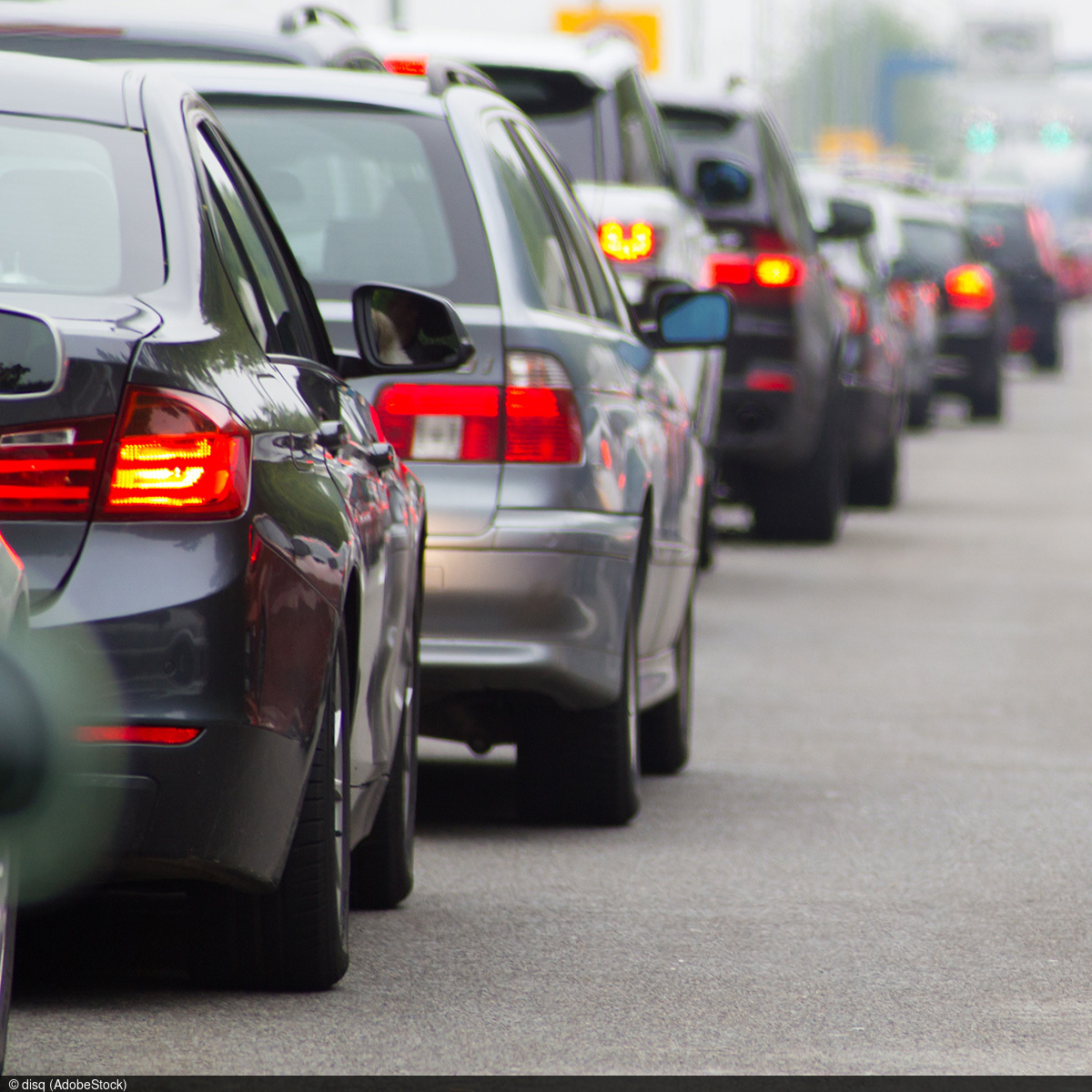Moral Appeals Prompt Employees to Reduce Car Use
ResearchZEW Study on Mobility Budgets and Behavioural Changes in Transport
Companies can make an important contribution to reducing CO2 emissions through so-called mobility budgets in combination with behavioural nudges. A field experiment conducted by ZEW Mannheim proves that in the context of a mobility budget the use of cars can be reduced by specific moral appeals and social comparisons via e-mail to employees.
“We were surprised to see how much awareness these e-mails raised among the participants about their mobility choices. A significant number of them decided to avoid using the car in order to reduce greenhouse gas emissions,” emphasises Ulrich Wagner, ZEW Research Associate in ZEW’s “Environmental and Climate Economics” Unit and professor at the University of Mannheim. “The car has the highest CO2 emissions among the means of transport we studied. It is therefore all the more interesting for policymakers that clear communicative appeals can contribute to people using cars less often,” adds Johannes Gessner, PhD student at the University of Mannheim.
Social comparisons and moral appeals can influence mobility behaviour
The 341 test subjects – all employees of a large German company – received e-mails from their employer over a period of eight weeks. In these e-mails, the employees were informed whether they used public transport more or less frequently than their co-workers.
In addition to the social comparison, a randomly selected group of e-mail recipients also received a moral appeal to opt for public transport whenever possible for reasons of climate protection. Based on the changes in mobility spending, the researchers were able to determine a significant effect on individual transport use in this group. This shows that the combination of social comparison and moral appeal leads to a significant change in mobility behaviour.
This finding contrasts with previous studies in the transport sector that looked at social comparisons in isolation and could not find any effects. The combination of social comparisons and moral appeals contributes in particular to less money of the mobility budget being spent on cars. At the same time, spending on micromobility, for example through e-scooters or bike sharing, increases.

